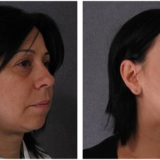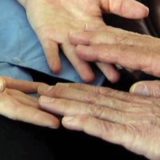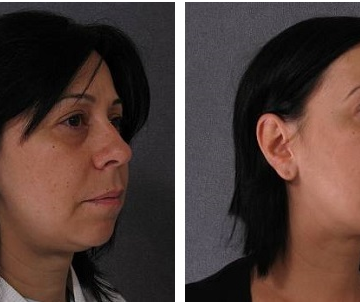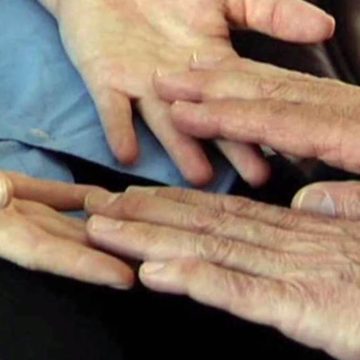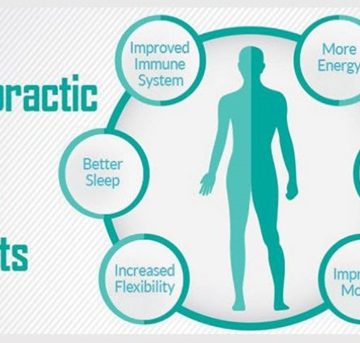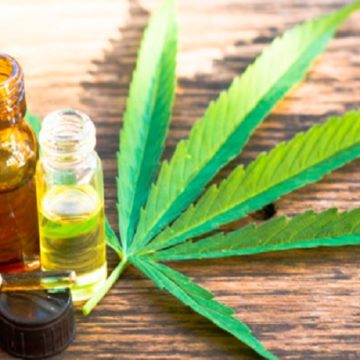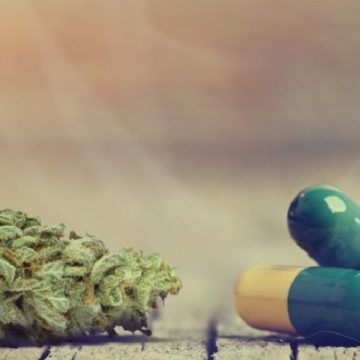COVID-19 is a new infectious disease that affects the respiratory system. Today, the outbreak of COVID-19 has grown into a pandemic and swept many countries around the world.
When do the first symptoms appear?
The incubation period for a new type of coronavirus lasts from 2 to 14 days. On average - 5 days. At this time, the person feels, as usual. There are no alarming symptoms of COVID-19. The pathogen spreads and activates specific immune reactions in the body.
Patients during the incubation period constitute the main epidemiological danger. They are actively moving around the city or country, and contact with a large number of people.
Before the first symptoms of human coronavirus appear, the carrier can infect several people. That is why it is recommended to keep a social distance and adhere to the precautionary rules in public places or at home. And if you were in contact with the infected - to isolate yourself from society.
After the incubation period, primary COVID signs occur.
What are the first symptoms of coronavirus?
The new sars coronavirus symptoms are nonspecific and may vary in severity.
The following list shows the most common signs:
· 95% - temperature > 38°C;
· 67% - dry, gusty cough;
· 38% - fatigue and body aches;
· 33% - sputum;
· 20% - confused breathing, sore throat.
The human sars coronavirus symptoms can also be in the form of:
· headache;
· loss of smell and taste;
· muscle and chest pain;
· cramps;
· stuffy nose;
· nausea.
Most coronavirus-infected people have a mild COVID form and recover in short terms. But elderly people and people with chronic diseases can get more severe coronavirus form. Complicating factors are:
· pathology of the cardiovascular system;
· arterial hypertension;
· chronic pulmonary diseases;
· diabetes.
What are emergency symptoms to call a doctor?
If you have mild coronavirus symptoms - isolate yourself, and observe your health for several days. If you have contacted with infected person you need to take a COVID test and isolate yourself too before getting the result.
If you experience symptoms such as a gusty cough, confused breath, high fever, sore throat, and chest pain - stay home and call medical institution or your family doctor.
If your health condition is critical - you feel weakness, difficult breathing, severe headache and have a fever – immediately call for medical help or the emergency ambulance.
Is there a vaccine for coronavirus?
Unfortunately, there is no officially registered vaccine to cure the virus. However, scientists from all over the world continue searching for medicines. Moreover, they have reached a new level of vaccines development.
In their research, they began to actively use supercomputer against coronavirus to search for a vaccine. The most powerful supercomputer, the IBM AC922 Summit, was to identify compounds that could be the basis of development of COVID-19 vaccine. In this way, researchers of US Department of Energy’s Oak Ridge National Laboratory found 77 low-molecular compounds that seems to destroy the virus and prevent its spread in the human body.
Swedish scientists say that it's impossible to do without supercomputers. They allow seeing what is not visible during laboratory experiments. That is why supercomputers will become the main engine in vaccine development.
This gives us hope that, through joint efforts, scientists from around the world will be able to make coronavirus cured. Selected low-molecular compounds are actively tested and by the 4th quarter of this year, scientists predict the introduction of a vaccine against COVID.
And while scientists around the world are developing a vaccine against the virus, the task of each of us is to protect ourselves and our health.
